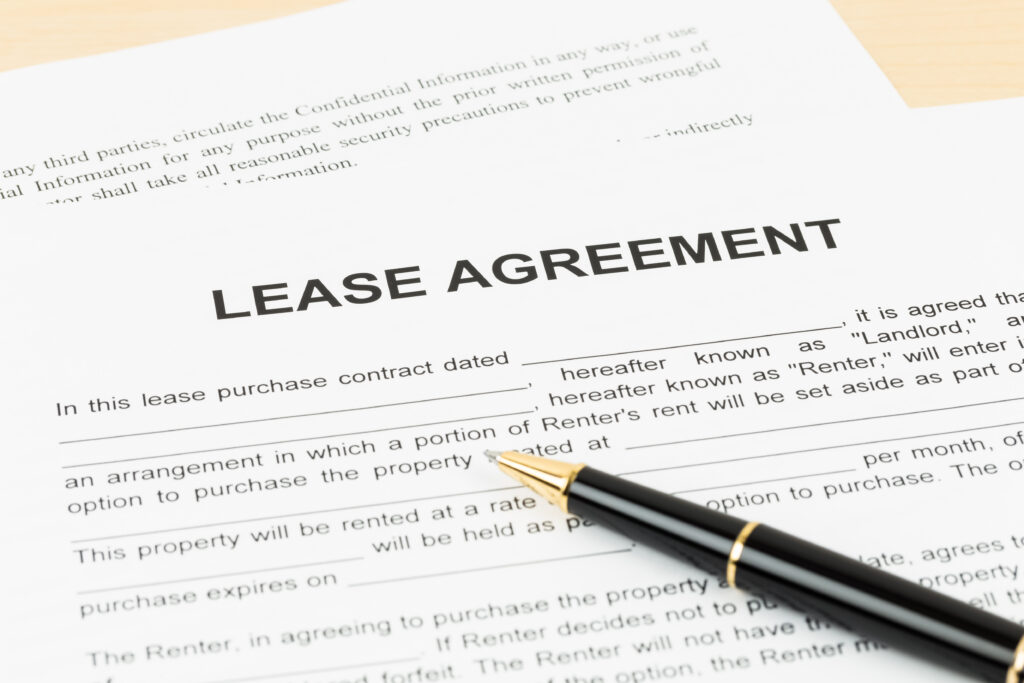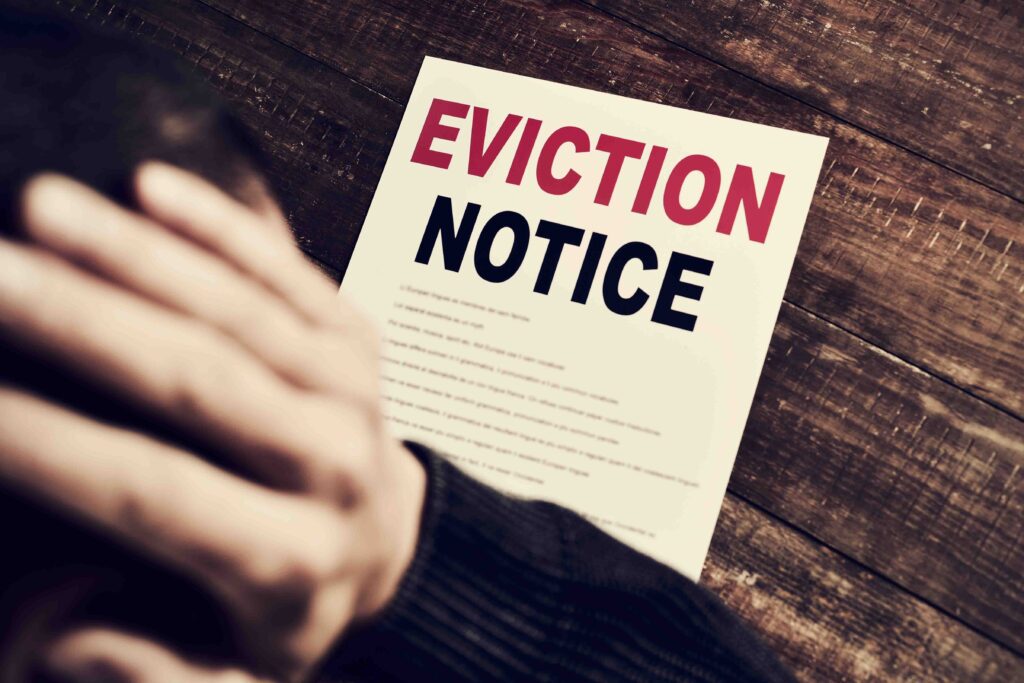Leasing property can sometimes come with unexpected difficulties. Situations may arise where a landlord needs to terminate a leasing agreement before the end of the leasing period. Chapter 83, Florida Statutes, governs residential rental agreements in Florida and provides statutory requirements that a landlord must follow to legally terminate a lease early. As a landlord, it is essential to understand these laws or to contact a knowledgeable attorney to ensure compliance with Florida’s laws that serve to protect both landlords and tenants.




